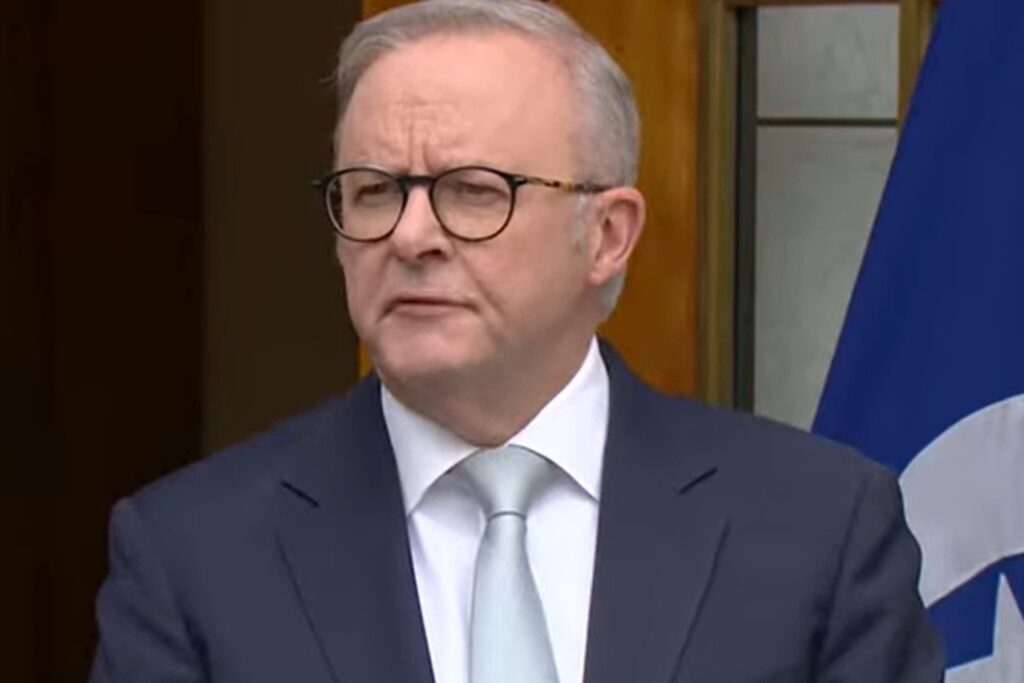Australia has accused Iran of directing antisemitic attacks in Sydney and Melbourne, with the government giving Iran’s ambassador seven days to leave the country.
Australian intelligence services linked Iran to two separate attacks, including an arson attack on the Lewis Continental Kitchen in Sydney in October last year, as well as an attack on the Adass Israel Synagogue in Melbourne in December.
Australian Security Intelligence Organisation (Asio) chief Mike Burgess said his teams had uncovered links “between the alleged crimes and the commanders in Iran’s Islamic Revolutionary Guard Corps, the IRGC”.
Following a “painstaking”, months-long investigation, Burgess said they’d also uncovered evidence that the IRGC was likely behind other antisemitic incidents in Australia, such as attacks on Jewish schools, homes, vehicles and synagogues since the 7 October 2023 attack on Israel by Hamas.
Burgess also stressed that the Iranian ambassador, Ahmad Sadeghi, was not found to have any links to the attacks.
Prime Minister Anthony Albanese described the incidents as “attempts to undermine social cohesion and sow discord in our community”.
“The actions of my Government send a clear message, a message to all Australians that we stand against antisemitism, and we stand against violence,” Albanese said. “And a message to nations like Iran who seek to interfere in our country, that your aggression will not be tolerated.”
Around the same time of the antisemitic attacks, the Islamophobic Register recorded a rise in Islamophobic incidents in Australia.
Foreign affairs minister Penny Wong said the expulsion of the Iranian ambassador came at a time when the government felt a line had been crossed.
“These actions are unacceptable and that’s why we’ve taken [this action], Wong said, describing the expulsion of the ambassador, as well as Australia’s move to list the Islamic Revolutionary Guard Corps as a terror organisation, a “very substantial response”.
Australia has withdrawn its own diplomats from Tehran, but Wong said Australia would continue to maintain some diplomatic lines with Tehran.
Iran has “absolutely rejected” the allegations they directed the attacks in Australia.
Iran’s foreign ministry spokesman said Australia’s decision to expel Sadeghi and three other officials was “driven by Australia’s domestic policies”.
Many Jewish groups in Australia have applauded the government’s decision to expel the Iranian ambassador over the antisemitic attacks but that the news of Iran’s involvement has renewed fears in the community.
Executive Officer of the Jewish Council of Australia Sarah Schwartz told The Guardian that the attacks have instilled fear in the Jewish community and that it’s important to be cautious around politicising the crimes.
As an independent group, The Jewish Council says they oppose all forms of racism and support human rights and Palestinian freedom and justice.
“The fact that a foreign government appears to be responsible shows how irresponsible it was for the attacks to be used to demonise the anti-genocide protest movement,” said Schwartz. “We call on politicians and the media to exercise caution and to avoid politicisation of these attacks in a way that could further harm the Jewish community.”


